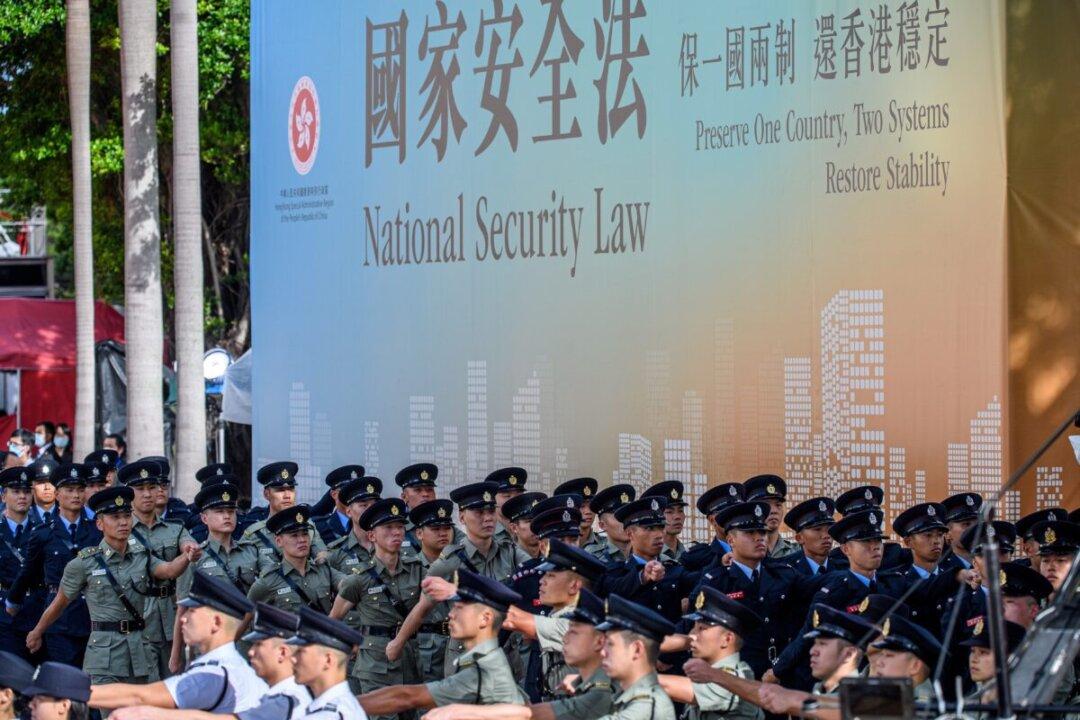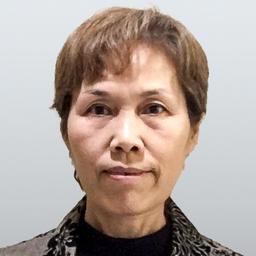Recently, the Chinese Communist Party (CCP) has been escalating its crackdown on political groups and the media in Hong Kong. On July 10, the Hong Kong Alliance in Support of Patriotic Democratic Movements of China (Hong Kong Alliance) laid off all its staff because of political pressure. On the same day, Hong Kong Chief Secretary for Administration Lee Ka-Chiu announced to fight against “spreading of false news.” Meanwhile, Chief Executive Carrie Lam called for “patriotic education” on Hong Kong youths.
The Hong Kong Alliance said in a press release that the political environment in Hong Kong had degenerated drastically in the past year, and the political suppression against the Hong Kong Alliance has become more intense and evident in the past two months.





